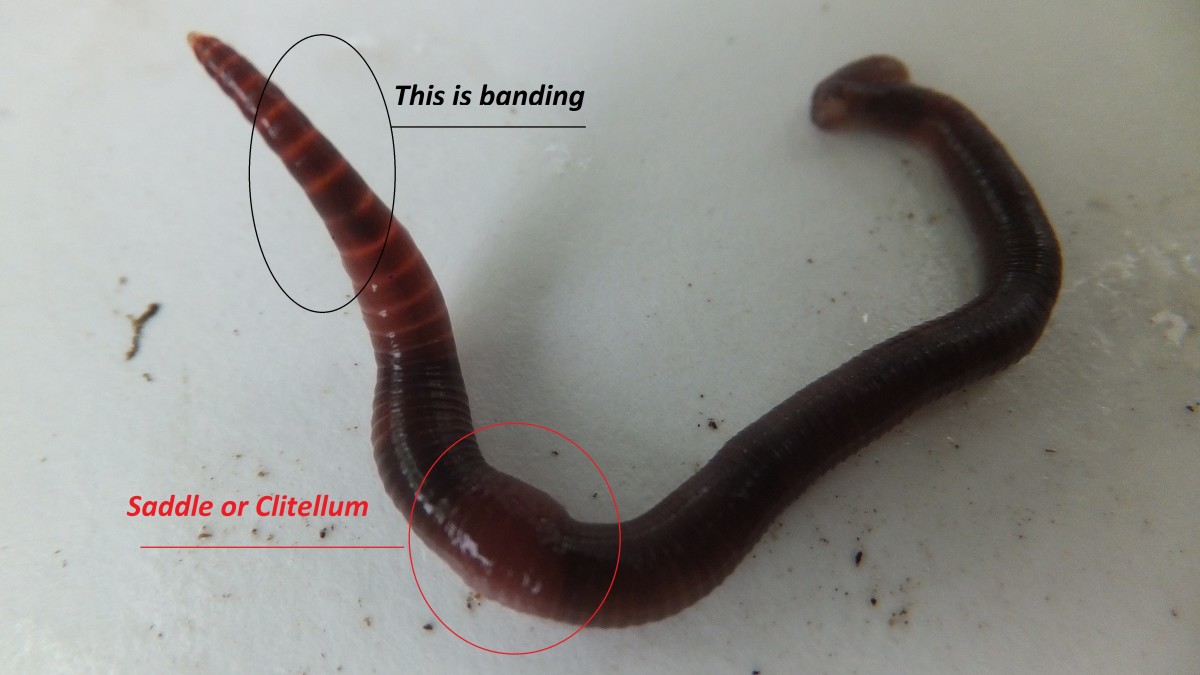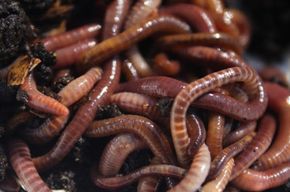Red Wiggler Worms Demystified: Opening the Tricks of Vermiculture for Greener Living and Nutrient-Rich Dirt
In the world of sustainable practices for enhancing soil quality and advertising eco-conscious living, red wiggler worms play a pivotal yet often forgotten function. These simple animals possess the exceptional capability to transform natural waste right into nutrient-rich castings that work as a potent all-natural plant food. By diving into the world of vermiculture, one can discover a huge selection of benefits that extend far past traditional composting techniques. Understanding the intricacies of caring for these worms, enhancing their atmosphere, and using their castings can result in a greener way of living and healthier soil for plants to prosper.
The Role of Red Wiggler Worms
Red Wiggler worms play a crucial role in composting systems by effectively damaging down raw material into nutrient-rich castings. These voracious eaters consume a variety of organic materials, such as kitchen scraps, lawn waste, and paper products. As they feed, the worms' digestive system processes damage down the raw material into a fine, dark, and nutrient-dense material called worm spreadings or vermicompost.
The spreadings created by Red Wiggler worms are highly beneficial for dirt wellness and plant development. They are rich in important nutrients like potassium, phosphorus, and nitrogen, which are crucial for supporting healthy and balanced plant growth. Furthermore, worm spreadings consist of valuable microorganisms and enzymes that help improve soil framework, rise water retention, and boost nutrient uptake by plants.
Advantages of Vermicomposting

In addition, vermicompost, the nutrient-rich final product of vermicomposting, functions as an excellent natural plant food and soil conditioner. It improves soil structure, boosts soil oygenation, and boosts soil dampness retention. These homes add to healthier plants with more powerful origin systems and much better resistance to parasites and diseases. Vermicompost also enhances the dirt with crucial nutrients like nitrogen, phosphorus, and potassium, advertising plant growth and overall soil fertility.
In addition, vermicomposting assistances sustainable gardening methods by giving a chemical-free and all-natural option to artificial fertilizers. Red Wiggler Worms. This ecologically pleasant approach not only enriches the dirt but likewise assists minimize reliance on harmful chemicals, promoting a greener and much more sustainable method of horticulture
Establishing a Worm Container
When establishing a worm bin for vermicomposting, appropriate configuration is vital to make sure the success of the composting procedure. The initial action in establishing up a worm container is choosing a suitable container. This can be a plastic bin or wooden box that gives sufficient space for the worms to walk around and has appropriate water drainage openings to stop waterlogging. Next, a bed linens product such as shredded newspaper, cardboard, or coconut coir need to be included in the container. This bed linens offers a comfy environment for the worms and assists maintain wetness degrees.
After adding the bedding, present the red wiggler worms to the bin. It is advised to begin with a handful of worms and progressively raise as they increase. The worms ought to after that be provided with food scraps such as fruit and vegetable peels, coffee grounds, and eggshells. It is necessary to prevent including meat, milk, oily, or salty foods to avoid drawing in parasites and creating undesirable odors.
Frequently monitor the wetness levels and temperature in the worm bin to guarantee ideal conditions for the worms. With appropriate configuration and upkeep, the worm container will efficiently convert natural waste into nutrient-rich garden compost for your plants and yard.
Harvesting Worm Castings
To effectively gather nutrient-rich worm castings from your vermicomposting system, a methodical harvesting approach is important. When it comes time to gather the worm spreadings, there are a couple of vital steps to follow to guarantee an effective procedure.

Troubleshooting Common Issues
Determining and attending to typical difficulties that may emerge throughout the vermicomposting process is critical for maintaining a efficient and healthy and balanced worm bin. One usual concern that vermicomposters encounter is overfeeding. Adding excess food scraps can bring about a build-up of dampness and acidity in the worm container, possibly damaging the worms. To prevent this, feed the worms in small amounts, ensuring that the food scraps are properly broken down before including find more info a lot more. An additional concern is undesirable odors rising from the worm bin. Foul scents suggest anaerobic problems, normally brought on by overwatering or insufficient air flow. To correct this, adjust the dampness degrees by including dry bed linens products like shredded newspaper or cardboard and boost aeration by turning the bed linen frequently.
In addition, if the worm populace is declining or the worms show up undesirable, it might be because of environmental stressors such as extreme temperature levels or pH levels. Keeping an eye on these factors and making essential modifications is vital for the health of the worms. By repairing these usual concerns quickly, vermicomposters can guarantee a successful and smooth vermicomposting process while preserving a growing worm population.

Conclusion
In final thought, red wiggler worms play a critical role in vermiculture by damaging down organic issue into nutrient-rich dirt. Establishing up a worm bin is vital for effective vermiculture, and harvesting worm castings provides useful compost for horticulture.
As they feed, the worms' digestive procedures break down the organic issue into a penalty, dark, and nutrient-dense product known as worm castings or vermicompost.
The castings produced by Red Wiggler worms are extremely beneficial for dirt health and wellness and plant growth. Adding excess food scraps can lead to an accumulation of dampness and acidity in the worm bin, possibly harming the worms.Additionally, if the worm population is declining or the worms appear harmful, it could be due to environmental stressors such as extreme temperatures or go to this website pH levels. Setting up a worm bin is vital for successful vermiculture, and gathering worm spreadings provides valuable compost for gardening.
Comments on “Red Wiggler Worms - Boost Your Dirt Wellness Normally”